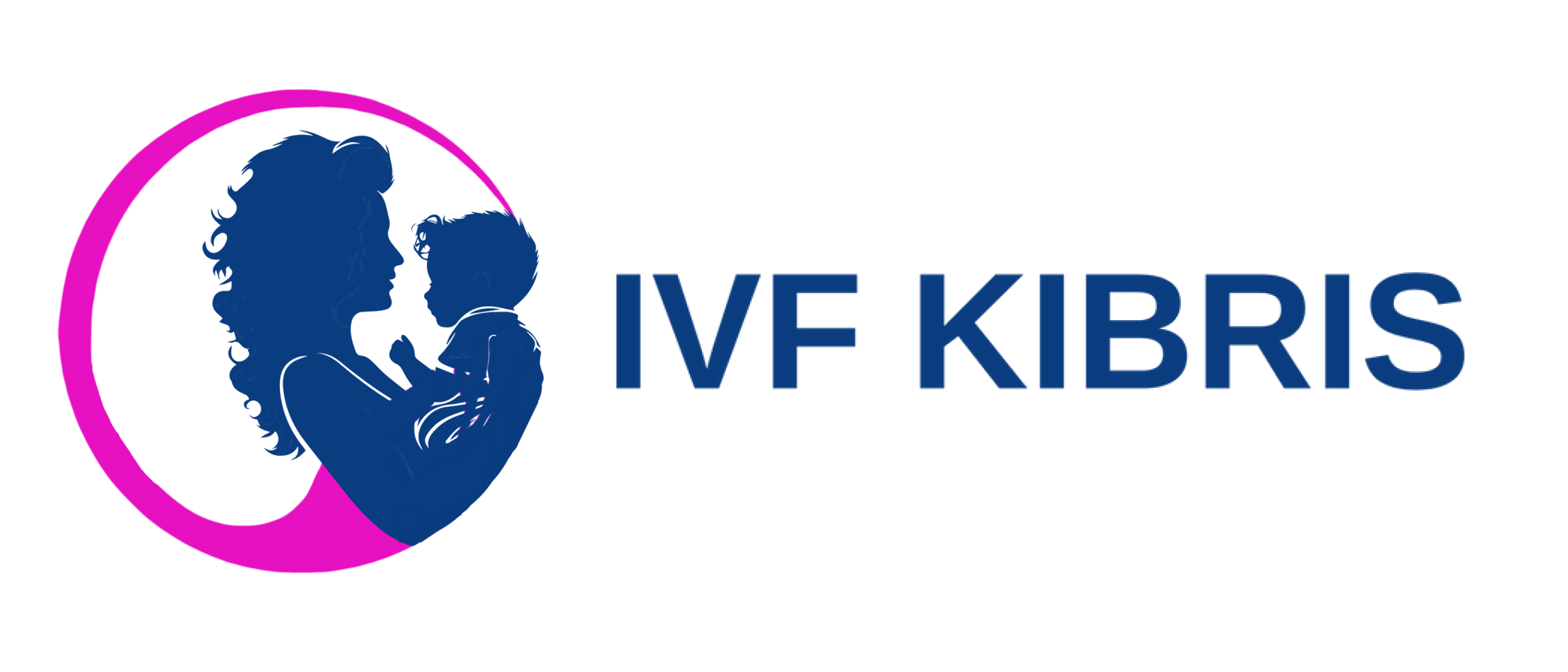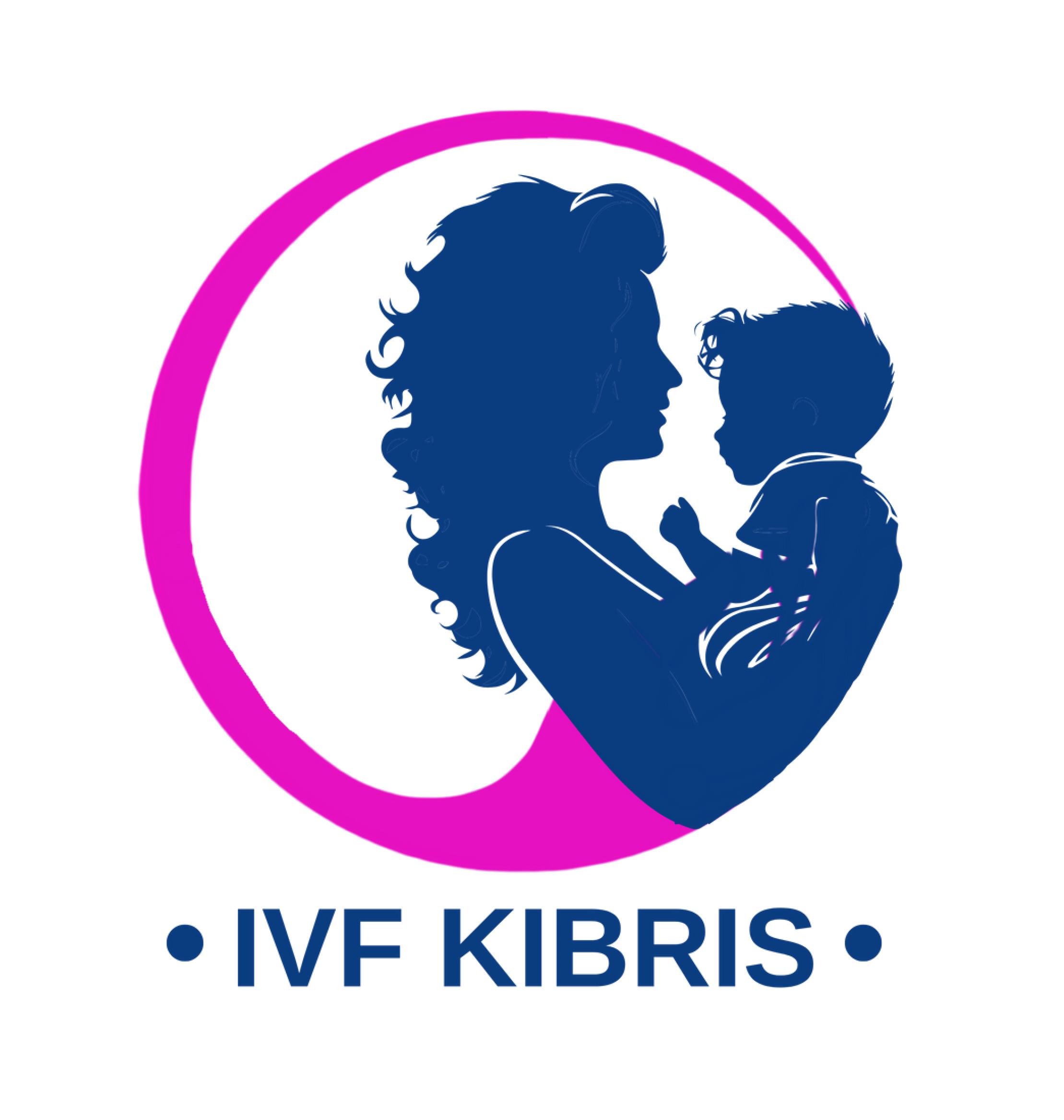SSperm and Egg
Freezing
Embryo, sperm, and egg freezing is a procedure that involves preserving reproductive cells and embryos in a laboratory environment for future use. This modern medical advancement offers a reliable and effective solution for individuals who wish to safeguard their reproductive health. These procedures, available for both men and women, are particularly beneficial for those at risk of losing their reproductive potential due to medical or personal reasons. Embryo freezing, in particular, allows the preservation of embryos created during IVF treatment, enabling their use at a later stage.
What Is Embryo Freezing?
Embryo freezing is a technique that preserves embryos obtained during IVF treatment for future use. This procedure is recommended for unused or surplus embryos that can be stored for later implantation. Embryo freezing is advantageous when:
- Multiple healthy embryos are obtained during IVF treatment.
- The patient wishes to postpone pregnancy.
- Future IVF attempts are planned without undergoing another ovarian stimulation cycle.
What Is Egg Freezing?
Egg freezing involves collecting healthy egg cells from a woman’s ovaries and preserving them in a laboratory environment for long-term storage. This method provides a solution against biological clock limitations, ensuring the possibility of future pregnancy. It is especially beneficial for:
- Women undergoing cancer treatment that may affect fertility.
- Those who want to delay childbearing while maintaining the quality of their eggs.
- Individuals with family histories of early menopause.
What Is Sperm Freezing?
Sperm freezing is a technique used to preserve male reproductive cells for future use. This process is particularly important for men undergoing cancer treatment, those with low sperm quality, or individuals planning to use their sperm for IVF treatment at a later stage. Sperm freezing allows men to use their genetic material even years later.
Why Are Freezing Procedures Important?
Embryo, sperm, and egg freezing procedures play a crucial role in protecting individuals’ rights to have children in the future. These methods allow reproductive cells and embryos to be preserved in cases where fertility may be affected by medical conditions or personal planning needs. In IVF treatments, freezing excess embryos or eggs provides a future pregnancy opportunity without the need for additional procedures. Moreover, these techniques help overcome biological limitations, enabling the preservation of reproductive potential for many years.
How Are Embryo, Sperm, and Egg Freezing Procedures Performed?
Embryo Freezing Process
- Embryo Creation: The woman’s eggs are fertilized with her partner’s or donor’s sperm in a laboratory environment.
- Embryo Evaluation: The development of fertilized embryos is monitored, and the healthiest ones are selected.
- Freezing: The embryos are frozen using a rapid freezing technique called vitrification and stored in liquid nitrogen at -196°C.
Egg Freezing Process
- Hormonal Therapy: The woman’s ovaries are stimulated with hormone therapy to obtain mature eggs.
- Egg Retrieval: The eggs are collected using a minimally invasive method.
- Freezing: The retrieved eggs are frozen using vitrification.
Sperm Freezing Process
- Sperm Sample Collection: The sperm sample is collected and analyzed in a laboratory.
- Preparation and Freezing: Healthy sperm cells are mixed with a protective solution, frozen, and stored in liquid nitrogen tanks.
Precautions After Freezing Procedures
After freezing procedures, it is essential for individuals to follow their doctor’s recommendations. The quality of stored embryos, sperm, and eggs is regularly monitored under laboratory standards. Additionally, adopting a healthy lifestyle positively impacts reproductive health and supports future treatment processes.
Advantages of Embryo, Sperm, and Egg Freezing
- Preserves the opportunity to have children in the future.
- Provides protection in cases of cancer or genetic disorders.
- Allows the use of excess embryos or eggs in IVF treatments.
- Enables women to freeze their eggs at a younger age, increasing the chances of conception later in life.
- Offers individuals the freedom to plan their lives while preserving their reproductive potential.
Until What Age Can Freezing Procedures Be Performed?
The ideal age for egg freezing is between 20-35 years, as egg quality is highest during this period. Sperm freezing has no age limit, as men can continue to produce sperm throughout their lives. Embryo freezing is performed on embryos created during IVF treatment and is determined by embryo quality rather than age.
Our Services
Contact Us
Send Us Your Questions, Our Experts Will Answer
Fill out the form below to ask your questions, and our experts will provide answers.

